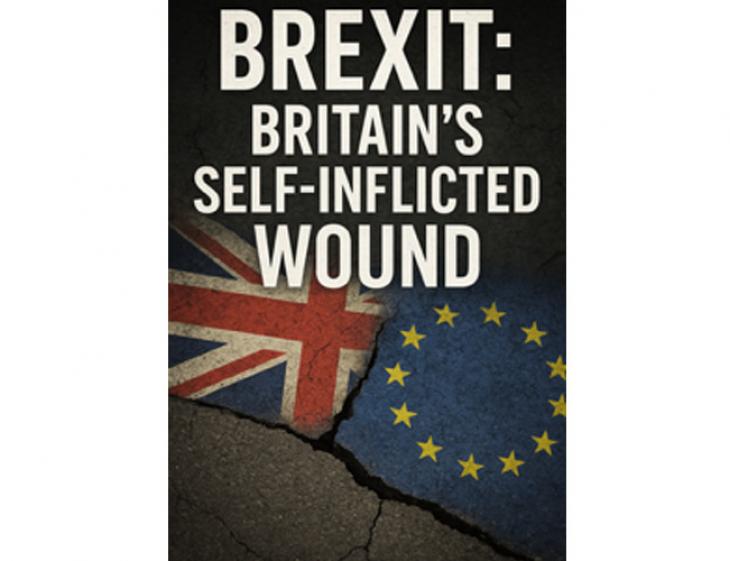
By Publisher Ray Carmen
Brexit: Britain’s Self-Inflicted Slowdown
Nine years after the referendum that changed the course of British history, and five years since the Trade and Cooperation Agreement came into effect, the economic evidence tells a sobering story: Brexit has hurt the United Kingdom far more than it has hurt Europe.
The dream of taking back control has come at a steep price — slower growth, weaker trade, and lost investment. Institutions from the Office for Budget Responsibility (OBR) to the OECD and IMF all agree: Brexit has acted as a brake on Britain’s economy, slicing an estimated 3–6% off long-term GDP compared with staying in the EU.
The Numbers Don’t Lie
Trade between the UK and the EU — once seamless and vast — has fallen sharply. Studies show a 15–20% decline in goods trade, especially among smaller exporters now swamped by customs checks and rules of origin paperwork. For many, the promise of “global Britain” feels more like a closed door.
The EU, by contrast, absorbed the shock. Its losses were minor, scattered across a few sectors like agriculture and transport. The bloc swiftly rebalanced, replacing much of its UK trade internally. Britain, meanwhile, has been left grappling with rising costs and shrinking competitiveness.
Investment and Labour Shortages
Foreign investors once viewed Britain as the perfect gateway to Europe. That advantage is gone. Since 2016, business investment has stagnated, and productivity — already weak — has slumped further.
The end of free movement has also left its mark. Labour shortages now plague hospitality, agriculture, and healthcare. Wages have climbed, but so have costs and inflation. The “control” Britain reclaimed has made it harder to fill essential jobs — a paradox that policymakers can no longer ignore.
The Fiscal Fallout
Lower trade and slower growth mean lower tax revenues and higher fiscal strain. The OBR warns that Brexit’s drag will linger for decades, reducing the nation’s ability to fund public services and investment. The Treasury is effectively losing billions each year to an ideological gamble that failed to pay off.
Winners and Losers
There are exceptions , a few service exporters pivoting to Asia or North America, and industries eyeing deregulation as an advantage. But the overall picture remains grim. Manufacturers, farmers, small exporters, and logistics firms continue to shoulder the heaviest burden.
The Global Perspective
The IMF’s Kristalina Georgieva put it bluntly: global growth is being driven by emerging economies like India , not by countries that have chosen to turn inward. The UK’s self-imposed isolation has dulled its voice and dimmed its prospects on the world stage.
The Verdict
Brexit was a political decision born of passion, but its economic results are painfully clear. The UK’s trade, investment, and productivity have all declined, while its public finances strain under the weight of slower growth.
Europe has moved on. Britain, sadly, has not.
Until the country faces that truth and rebuilds its bridges both economically and politically , it will remain trapped by the consequences of a decision made in haste, and defended in denial.




